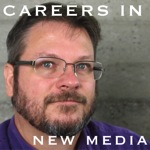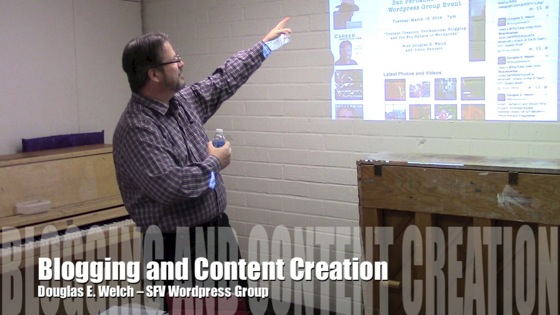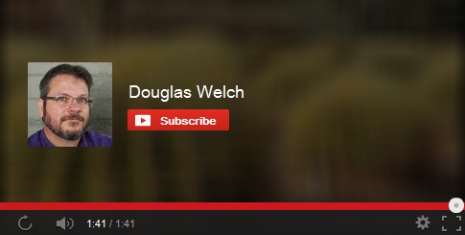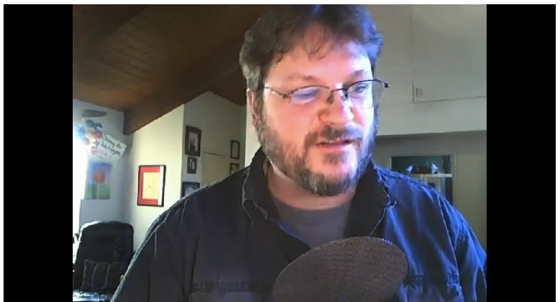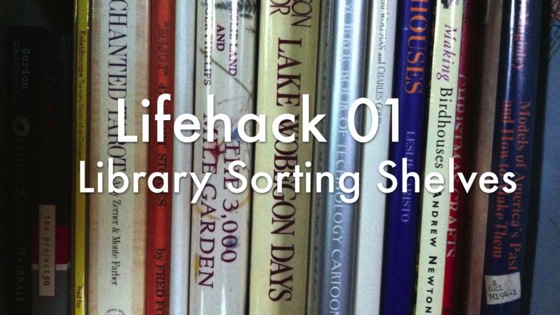
Your Garden – Inch-by-Inch from A Gardener’s Notebook
Podcast: Play in new window | Download (5.1MB) | Embed
Subscribe: Apple Podcasts | RSS
Often we look at our gardens plant by plant – worrying over which is doing well, which is doing poorly, which one needs to be moved. At other times, we try to take in the big picture. We map, we plan and try to create one seamless whole. There are times, though, when inch-by-inch is the way we see it, and it brings a unique viewpoint.
The Edging
Recently we started a new edging project in the garden. Beginning with the smallest rose bed, we decided to use old wine and other glass water bottles to surround the bed. Previously we had used limbs from tree pruning, but these were now several years old and had deteriorated almost completely. I did a bit of research online, including looking for images of bottle edging, to make sure we wanted to proceed. It certainly seemed worth a try. The pictures looked attractive and it didn’t seem like a lot of work. We would do this small bed first and then decide if we wanted to continue it in others.
Of course, doing an edging project like this means getting “down and dirty” with your garden – usually on your hands and knees. You notice immediately how the soil differs from inside the bed to the hard, compacted soil of the surrounding paths. You get a clear view of the quality of the soil in the beds as you dig the trench alongside. You notice insects – good and bad – weeds, and maybe even the rust that is forming on the lower leaves of the roses that you hadn’t noticed before. Oh, oh, are those aphids?!? Ah, but then you also notice the ladybug larvae and adults ready to eat them up.
Your garden takes on a different meaning on this micro scale. You don’t notice the thistles and bindweed as much, but the blackspot and Japanese beetles really catch your eye. You don’t notice the bad pruning on the box hedges, yet the quality of the soil as it sits in your hand makes you sit in wonder for just a moment.
A project for you
If all this sounds very foreign to you, I am going to charge you with a project the next time you are in your garden. Take a 1-meter-square area of your garden and mark it off in some way. Use a piece of rope or string to outline the area. If you have seen archaeologists working in movies or on TV, think about what their digs look like — a series of neat squares marching across the landscape so they can catalog their finds. While this 1 meter can be a patch of lawn, consider placing it over the junction between a bed and the lawn. You’ll get better results in your experiment.
Now that you have marked out the area, sit down – better yet, lie down on your belly – and start to take note of every living thing you see there. First off you’ll see the grass, the daylilies, the small weeds. Then look deeper. You’ll see ants, aphids, beetles and a host of other insects. Keep looking. Dig down and turn the soil over a little or pull up a piece of turf. Now there are worms, spiders, sow bugs, spider mites and more. I can guarantee you that you will notice more than you ever thought possible in your small 1 meter area and all of it is there, teeming with life, all day long, every day.
I know that, for me, observing my garden in this macroscopic way brings a deeper appreciation and deeper understanding of my garden when I look out from my back door each morning, coffee cup in hand. I never see just the paths and the plants anymore. In my mind I see it all – everything that exists down there among the roots, as well as everything on the surface. This also leads me to think differently about what I might do in my garden — what I might add, what I might remove, what I might want to change. It is quite amazing how a small garden project can lead you down the merry path of deep thoughts, but, then again, isn’t that one major reason we garden in the first place?
Buy the Kindle ebook today for more gardening essays
Now only 99¢ until August 24, 2014

